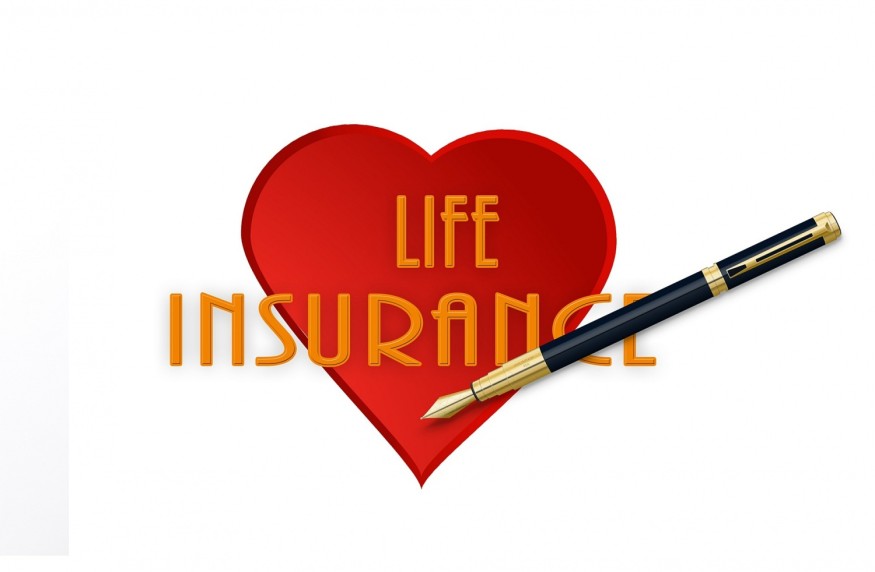Choosing the Life Insurance Policy that Best Meets Your Needs

Life insurance can be a complex topic, so it's important for people who are shopping for policies to know the basics about the different types of policies. Some investors simply want to make sure their heirs receive a fixed amount of money, while others use life insurance contracts as a key part of an estate plan. Here are the main principal categories of life insurance.
Term vs. Whole
Term is aptly named because if the insured dies during the set term of the agreement, a death benefit is paid to the stated beneficiaries. If the insured outlives the term, there is not a death benefit paid and the contract ceases to exist. Term is the most common and most affordable kind of insurance on the market today.
Whole life is more costly than term but has added advantages. Many people view whole life as a more traditional form of investment because you can borrow against the built-up value in most cases. Whole policies never expire because the insured person continues to pay premiums until their death. The accumulated value earns interest but is not taxable to the owner of the contract unless proceeds are paid out or borrowed.
Universal
Universal insurance contracts are very similar to whole but have a unique feature in that the contract holder can amend the amount of premiums or the death benefit any time without having to cancel the policy and purchase a new one. Many consumers choose universal contracts when they are unsure of the total death benefit they want, aren't sure if they will struggle to keep up with current premiums, or just prefer not to be locked into a specific death benefit amount.
Variable
For people who don't want a guaranteed minimum interest rate on their cash value, the variable life option is a smart way to go. Instead of the entire cash value earning a lower-than-market rate of return, it goes into a mutual fund portfolio and earn whatever the market delivers. That can be high or low, depending on the state of the economy.
Modified Endowment Contracts
The modified endowment contract, usually called MEC insurance for short, is a very special type of financial instrument. The MEC insurance contract is a policy created with only one large premium payment. Why do people choose these contracts when there are few tax advantages during the insured's lifetime? After death, the benefits are tax free, are protected from probate and completely protected from creditors, as in a bankruptcy. However, even during the insured person's lifetime, MEC benefits can be speeded up in the event of chronic illness. That means that when properly planned, this type can act as a good alternative to long-term care insurance.
Coverage in Death
Final expense insurance is, as its name implies, intended to pay for funeral costs, burial expenses, cremation fees and other obligations that occur specifically at the time of a person's death. These arrangements are ideal for people who outlived a term contract and don't have the savings required to pay the typical high costs funeral or final medical expenses.
Subscribe to Latin Post!
Sign up for our free newsletter for the Latest coverage!

















